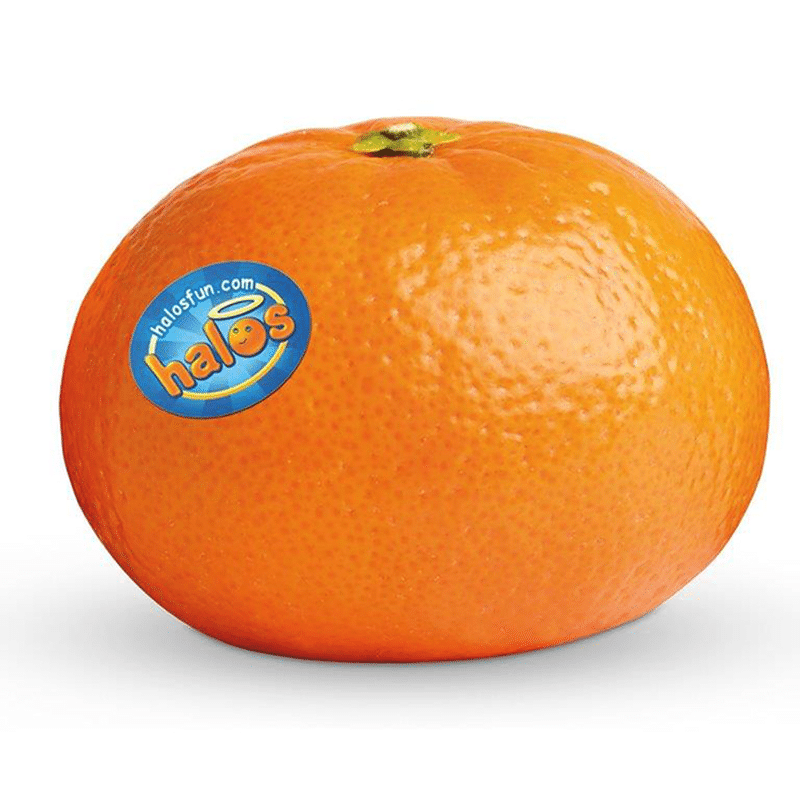

The vitamin and mineral content of Cuties is comparable to that of other members of the citrus fruit family. According to the Florida Department of Citrus, oranges don’t ripen any further once they’ve been picked, and the refrigerator is the best place to keep them fresh for the longest possible time. Is it necessary to keep Halo oranges refrigerated?Īnswer: You are not need to refrigerate oranges, but doing so will allow you to enjoy them for a much longer period of time. There were 32 related questions and answers found. The variation in nomenclature is due to the fact that the product is distributed by a different firm. Mandarins with haloes and cuties are both seedless varieties. The mandarin family contains all of the smaller, sweeter oranges that have easy-to-peel yellowish/orange skin, making them especially suitable for children’s consumption. This includes the cute tiny mandarin oranges manufactured by Cuties that you see in the produce section of your local grocery store.Ĭuties and halos are both varieties of clementines, which are members of the mandarin family. As previously stated, there are no genetically engineered oranges or other citrus fruits available for purchase on the market. In the same way, where do Cutie oranges come from?Īs for the origin of CUTIES®, they are cultivated in California’s sunny San Joaquin Valley.Īre Cuties oranges, as a result, genetically engineered in any way?

Halos are a sweet and delectable food that is enjoyed by both children and adults alike.

It is here that the Halos mandarins are grown and harvested. Located in California’s San Joaquin Valley, there is a citrus orchard that spans as far as the eye can see in every direction. By drilling deep into the earth and then pumping high-pressure water into the ground, the gas and oil will flow to a well, where it may be collected and used for other purposes.Īfter all, where do the oranges with haloes originate from? You may have heard that waste water from oil drilling is being used to produce Halo “Cutie” mandarin oranges (formerly known as Clementines).


 0 kommentar(er)
0 kommentar(er)
